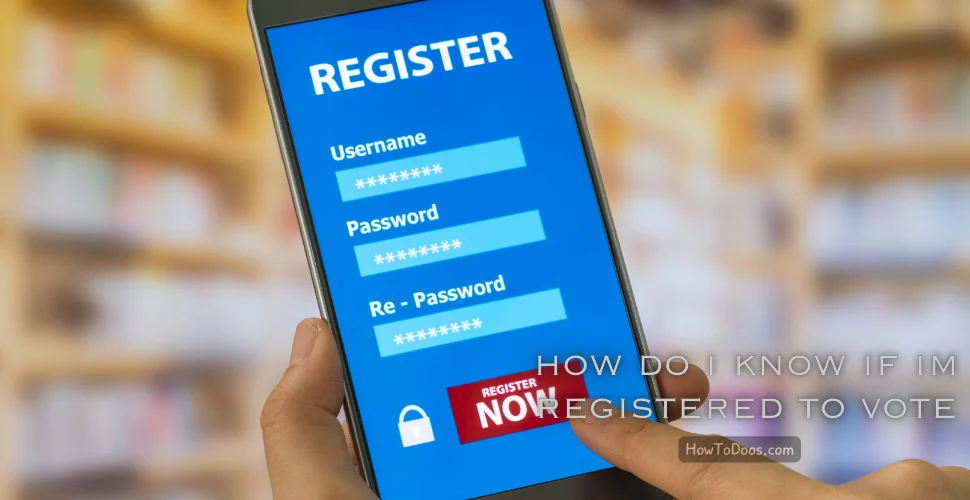How to Vote in the UK – A Comprehensive Guide to Voting in British Elections
-
 Sarah Thompson
Sarah Thompson - 10 Jul, 2024

Voting is a fundamental right and an important aspect of democratic participation in the United Kingdom. Whether you’re voting in a general election, local election, or referendum, understanding the process is essential. This guide will walk you through the steps of voting in the UK, from registration to casting your ballot.

Why Voting Matters
Voting is the cornerstone of democracy. It allows citizens to have a say in who represents them and how their country is run. By voting, you contribute to the decision-making process on critical issues affecting society.
Registering to Vote
Eligibility
To vote in the UK, you must:
- Be aged 18 or over on polling day
- Be a British, Irish, or qualifying Commonwealth citizen
- Be a resident at an address in the UK (or a UK citizen living abroad who has been registered to vote in the UK in the last 15 years)
- Not be legally excluded from voting
How to Register
- Online Registration: The easiest way to register to vote is online through the UK Government’s website. You will need your National Insurance number, date of birth, and address.
- Paper Form: Alternatively, you can register by post using a paper form, which can be downloaded from the Electoral Commission’s website or obtained from your local Electoral Registration Office.
Deadlines
- General Elections: Registration typically closes 12 working days before the election.
- Local Elections: Deadlines vary, but registration usually closes about 12 working days before the election.
Methods of Voting
In Person
- Polling Station: On election day, you can vote in person at your local polling station. Polling stations are open from 7 am to 10 pm.
- What to Bring: You do not need to bring your polling card, but it can help to speed up the process. In some areas, you may need to show photo ID.

By Post
- Apply for a Postal Vote: You must apply in advance to vote by post. Application forms are available from the Electoral Commission’s website.
- Receive and Return Your Ballot: Once you receive your postal ballot, mark your vote, and return it in the provided envelope by the specified deadline.
By Proxy
- Apply for a Proxy Vote: This allows you to nominate someone else to vote on your behalf. Application forms can be found on the Electoral Commission’s website.
- Deadline: The deadline for applying for a proxy vote is usually six working days before the election.
What to Expect on Election Day
At the Polling Station
- Finding Your Polling Station: Your polling card will indicate your polling station, or you can find it online.
- Casting Your Vote: When you arrive, give your name and address to the staff. You will be given a ballot paper to mark your vote in a private booth.
Accessibility
 Polling stations are required to be accessible. If you need assistance, polling staff are available to help. You can also bring someone with you to assist if needed.
Polling stations are required to be accessible. If you need assistance, polling staff are available to help. You can also bring someone with you to assist if needed.
Counting and Results
Votes are counted immediately after the polls close at 10 pm. The results for local elections are usually announced overnight, while general election results can take longer.
Summary
- Eligibility: Must be 18+, a British, Irish, or qualifying Commonwealth citizen, and resident in the UK.
- Registration: Register online or by post; ensure you meet the deadlines.
- Voting Methods: Vote in person, by post, or by proxy.
- Polling Day: Polling stations open from 7 am to 10 pm; bring photo ID if required.
- Accessibility: Assistance available at polling stations.
By following these steps, you’ll be well-prepared to participate in the democratic process and exercise your right to vote in the UK.


